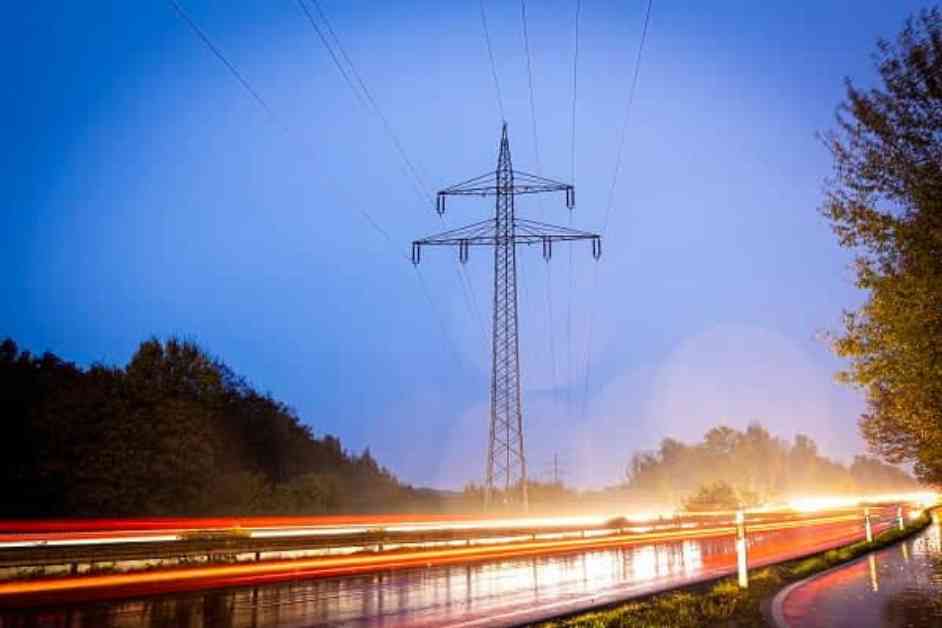Energy Cost Reduction Strategies for London Businesses: How to Save Money and Improve Sustainability
Running a successful business in London comes with its own set of challenges, and managing operational costs is at the top of the list for many companies. One significant expense that businesses often struggle with is energy bills, which can account for a substantial portion of their overall expenditure. Whether you’re a small startup or a large corporation, reducing energy costs can have a profound impact on your bottom line. Fortunately, there are several practical steps you can take to lower these expenses without compromising on efficiency or comfort.
Carry out a comprehensive energy audit
The first step in reducing energy costs is understanding exactly how much energy your business consumes, and more importantly, where that energy is going. A professional energy audit can provide detailed insights into your business’s energy usage patterns and highlight areas where improvements can be made. By pinpointing inefficiencies such as outdated equipment, unnecessary energy consumption during off-hours, or poorly insulated areas that cause energy wastage, you can create a targeted plan to reduce waste.
Invest in energy-efficient equipment
Investing in modern, energy-efficient appliances, machinery, and systems can provide long-term savings on your energy bills. Older equipment can be a massive drain on energy resources, so upgrading to energy-efficient alternatives can significantly reduce energy consumption. Look for appliances with high energy ratings, such as those certified by the Energy Saving Trust, to ensure that the devices you’re purchasing meet strict energy efficiency guidelines. While there may be an upfront cost involved, the savings from reduced energy use will outweigh the initial investment over time.
Optimise lighting systems
Lighting is a crucial aspect of any business, but it’s also one of the areas where energy is most commonly wasted. Switching to LED or energy-saving light bulbs can cut your lighting energy use by up to 80%. Installing motion sensors in areas that are not continuously occupied can ensure lights are only used when necessary. Encouraging the use of natural light and investing in smart lighting systems that allow remote control or automated scheduling can further optimise energy use.
Encourage energy-saving behaviours among staff
Even with energy-efficient systems in place, the behaviour of your staff plays a vital role in managing energy consumption. Raising awareness about energy efficiency and encouraging employees to adopt energy-saving habits can significantly impact your overall energy usage. Educate your team on the importance of energy conservation and incentivise good behaviour through rewards or recognition to motivate employees to contribute to energy-saving efforts. Installing systems that support energy efficiency, such as automated power management settings on computers or smart thermostats, can ensure energy isn’t wasted when staff forget to turn things off.
Conclusion
Reducing energy costs doesn’t have to be complicated or require large investments. By following these simple yet effective tips, you can lower your business’s energy consumption, reduce your bills, and create a more sustainable operation. Start by conducting an energy audit to identify where improvements can be made, invest in energy-efficient equipment, optimise your lighting systems, and foster a culture of energy-saving among your employees. By taking these steps, your business can stay ahead of rising energy costs and make smart decisions that benefit both your bottom line and the environment. Visit businessenergy.com for more guidance on finding the best energy deals for your business and securing the most competitive rates.












